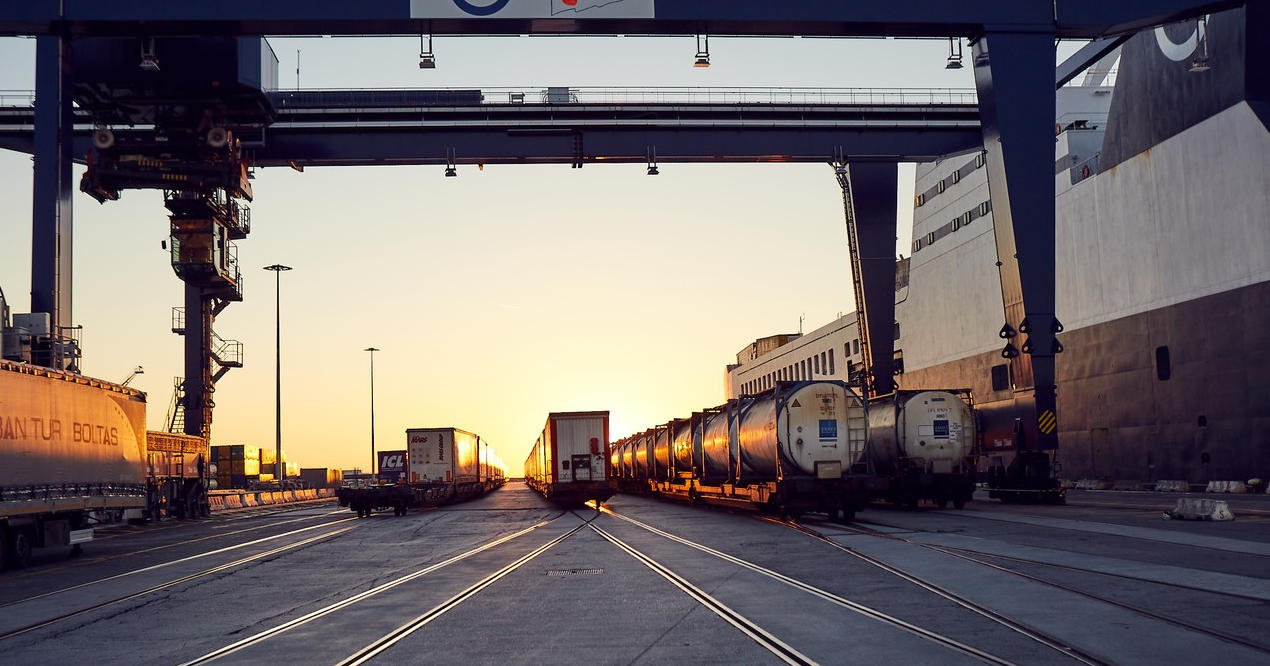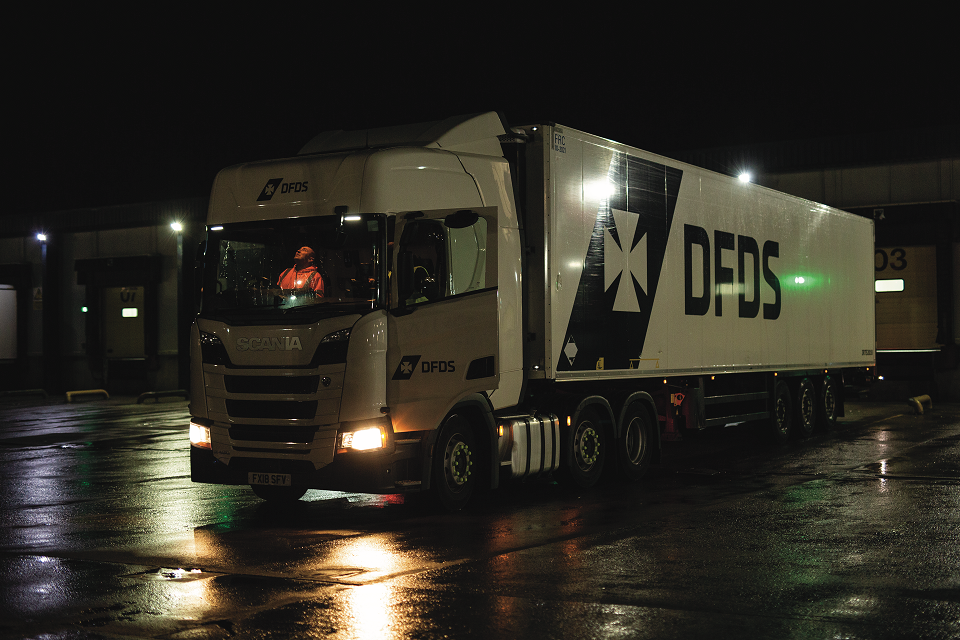
The Critical Transportation Shortage and How to Fix it
“Millennials simply don’t find it appealing to sleep in a truck all week, working long and odd hours. They want a normal schedule, and we need to adapt to that.”
Capacity is one of the most significant issues faced by the logistics sector. To put that into perspective, upwards of 120.000 trucking jobs went unfilled in the UK, Germany and France alone as of December 2018. The industry is currently forced to battle the problem on two fronts. First of all, continual growth in e-commerce puts increasing demand on logistics providers who, secondly, are finding it hard to attract new talent. On top of that, the majority of truckers are coming up on retirement in 10-15 years, making the issue of labour shortage increasingly urgent. Already, the shortage is making it harder for businesses to deliver the expediency expected by customers. This doesn’t only impact customer satisfaction but also the bottom line, as companies scramble to attract drivers through salary increases or other initiatives. Ultimately, the driver shortage could end up impacting global trade too: as delivery times rise, trucking may be outcompeted by rail or other forms of logistics, changing trade patterns dramatically.
The question is how the industry can overcome the critical capacity problems before the situation takes a turn for the worse.
Driver Shortage: A Generational Issue
Before looking at potential solutions, it pays to consider how the transportation shortage came to be. First of all, the lifestyle of long-distance trucking is fundamental to understanding why the industry is having a hard time filling vacancies. At its core, the job requires drivers to spend a lot of time on the road away from friends and family. Additionally, the hours are long and often somewhat unpredictable. Another drawback of the job is the sedentary lifestyle of truckers which, coupled with the often less-than-healthy meal options along trucking routes, can lead to health problems among drivers.
These factors conspire to make jobs in manufacturing, construction and warehousing more appealing to the millennial, would-be truck driver, who the industry needs to attract in order to sustain itself. The challenging working conditions of trucking is, of course, nothing new. The issue is rather, that millennials put a higher premium on flexibility in their jobs and careers than prior generations, and further that the rise of e-commerce has created a number of jobs that compare favourably to trucking in key ways.

How the Transportation Shortage Affects You
As noted, the growth of e-commerce has exacerbated the transportation shortage by increasing demand, pressuring an already strapped logistics industry to deliver higher volumes of goods faster than ever. That is in part why the IRU, the world road transport organisation, predicts vacancy in the European freight sector to rise by 40% in 2019. Couple that with the number of drivers poised to retire in the near future, and that could translate to 150.000 drivers in Germany alone over the next 10-15 years.
While there’s no debating the seriousness of the situation, you might wonder how the shortage will affect you personally. If you’re a logistics provider, you will already know the answer to that question. In fact, driver scarcity is probably already forcing you to develop new strategies to retain your current truckers and attract new talent. Like many others, you may have decided to up the salary of your truckers or look abroad for freelance drivers. To put that into perspective, the median wage of American truckers rose by 15% between 2013 and 2017, according to Bloomberg. Likewise, the use of freelance drivers has injected the market with incredible volatility. “You’ll see a 10-15% capacity drop across the industry from quarter to quarter,” says Niklas Andersson Vice President of DFDS Scandinavia. “This is in part because of freelancers who switch companies or simply opt to take long breaks between trucking assignments.”
The costs are passed on to consumers who can expect higher prices and longer delivery times. American long-distance trucking costs, for instance, rose by more than 9% in June 2018 compared to the previous year. How the price hike in logistics will affect consumer behaviour - let alone global trading patterns - remains to be seen.
Solving the Transportation Shortage
To solve the industry’s capacity issue, trucking has to evolve to better suit the needs of younger generations. “We have been too focused on doing what we’ve always done,” says Andersson. “Millennials simply don’t find it appealing to sleep in a truck all week, working long and odd hours. They want a normal schedule, and we need to adapt to that.”
In other words, trucking companies need to work towards being able to offer regular, eight-hour shifts to their drivers. That, however, is a tall order, which would require logistics providers to restructure their long-distance routes altogether.
Self-driving trucks could help the industry massively in that respect. In the beginning, autonomous fleets will likely be used mostly on long-hauls and primarily require manned operation when nearing their destination. As such, the implementation of self-driving trucks could spare drivers of gruelling, cross-country hauls within a decade or two. Autonomous trucking might also reduce the number of drivers needed in the long run and thus further alleviate capacity issues.
Secondly, trucking outfits need to figure out how to attract female talent. Currently, the industry is overwhelmingly male, with women only making up 1.2% of drivers of heavy goods vehicles in the UK, for instance. Historically, trucking required much more heavy lifting than it does today. This may account for some but not all of the gender disparity. “You don’t have to be a stereotypical strongman to do the job, at least not anymore,” says Andersson. “No, there are other obstacles keeping women from moving into trucking, which we need to identify and remove.”
Changing Trucking Culture
The question to ask, according to Andersson, is this: “How do we make cab drivers want to become truck drivers?” It all boils down to a culture shift for the industry. To mitigate the transportation shortage, logistics providers need to create a trucking culture which appeals to young men and women alike and which is competitive in the marketplace.
The most promising way of facilitating a culture shift, Andersson believes, is by providing better education for truckers. “Training academies would allow us to facilitate a better culture for would-be drivers, and we would, in turn, be able to give them a broader skill set.”
The idea is not only to rebrand trucking through in-house training programmes but also to give truckers more opportunities in the long term. “At the end of the day,” says Andersson, “the industry needs to offer drivers both more day-to-day stability and better future prospects within their trade, whether that’s in the form of educational opportunities or perhaps a chance to become a subcontractor.”
In short, the transportation shortage will only worsen over time, affecting consumers and providers alike. No matter the approach, the industry needs to make trucking appealing again, and it needs to do so sooner rather than later. Ultimately, the crisis may even have a silver lining in the shape of better opportunities for drivers and a healthier culture overall. That is if the industry is able to act before the shortage inevitably worsens.
Are you attending the Transport Logistics Fair in Munich? Book a meeting with our sales team and meet us there!
DFDS is one of the largest providers of specialised and fully integrated supply chain solutions in Europe. Learn how we help our customers grow here.
Contact us
Start a conversation with one of our experts: let's talk about your transportation needs.
Back to DFDS at the Munich Fair
Book a meeting with a DFDS industry expert, experince our latest digital solutions, see our new routes, and more.
DFDS Newsletters
Check out the fascinating and informative stories DFDS has written about the different industries we cover and get up to date the latest news and trends.
